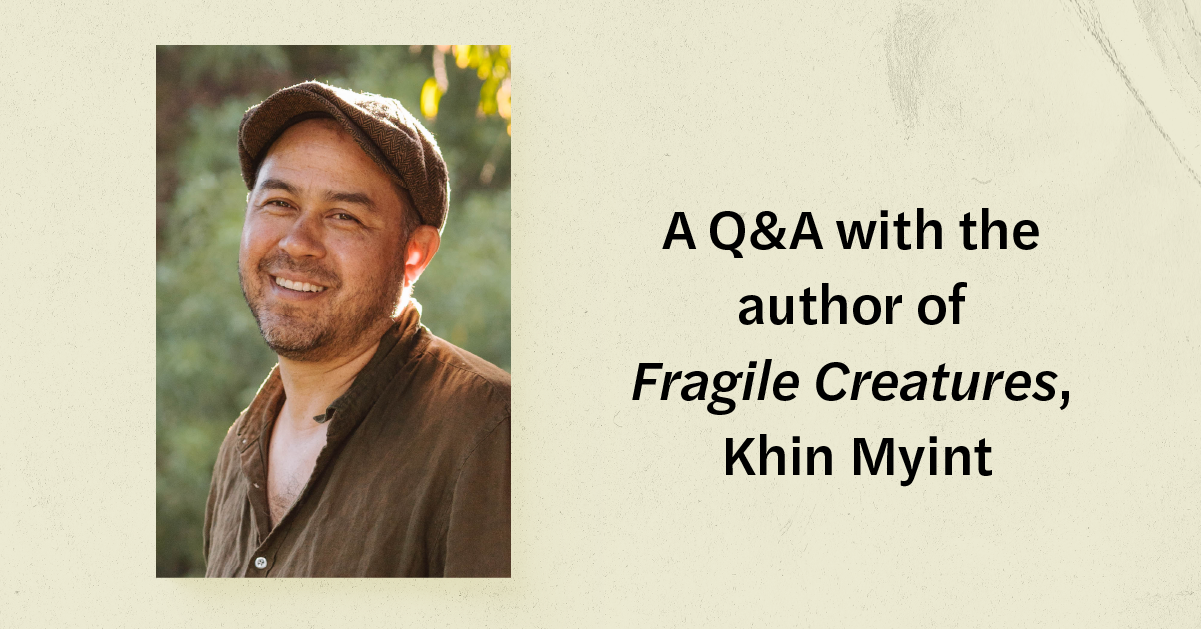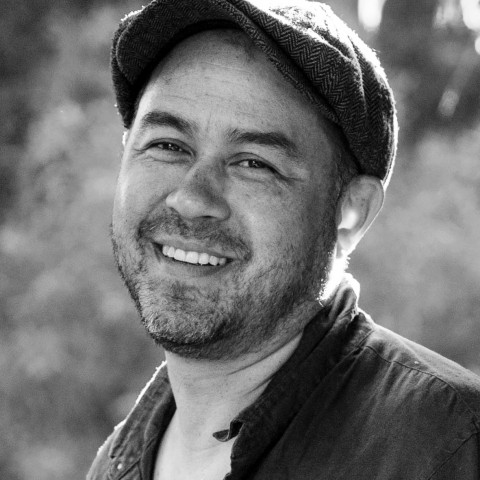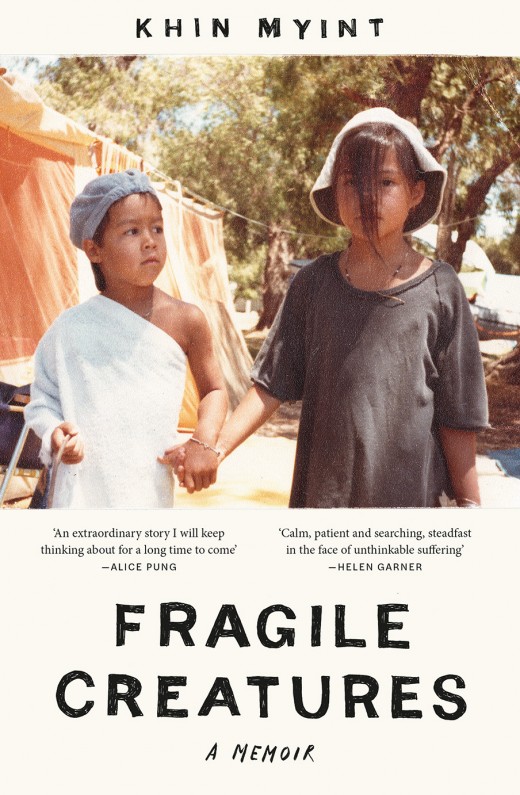News

News >
A Q&A with the author of Fragile Creatures, Khin Myint
Khin Myint is the author of Fragile Creatures: A Memoir, forthcoming in June. In Fragile Creatures, Khin documents his experiences of racism and bullying growing up in Perth, his sister’s mysterious chronic illness and pursuit of euthanasia, and the bizarre shifting dynamic of his relationship with his ex-partner. Through it all, he is remarkably composed, guiding the reader through a complex period of his life with a steady hand.
In this interview, Khin talks about how writing his memoir helped him to turn loss into meaning, how he’s feeling ahead of the book’s release, and the questions that he hopes readers will ask themselves after Fragile Creatures.
What compelled you to write your memoir Fragile Creatures, and how did it come to be published by Black Inc.?
After the events in Fragile Creatures, I felt disconnected from the world. Writing helped me heal. The act of trying to communicate what had happened was about finding my bearings again.
After a few chapters of the manuscript won the Next Chapter prize, people at the Wheeler Centre offered to help me communicate with publishers. When the book was done, a couple of publishers put in offers. Black Inc. was my first choice because their tone is admirable. They always link deep feeling with insight and new ideas.
Fragile Creatures documents a turbulent time in your life, and you’re very generous with the level of detail you share in the book. What was it like to put those experiences to paper for others to read?
Most of us want to transform loss and confusion into something meaningful. I was profoundly disoriented after the events in the book. Privacy wasn’t a big concern; I just wanted to find my way forward as a human being. It was a simple act of trying to orient myself.
That said, I needed some help becoming a decent storyteller. As I worked on the manuscript some good people/authors helped me figure out how to write such a complex story well. I was also angry when writing sometimes – anger that didn’t match the feelings I’d had when the events I was depicting were actually taking place. Getting past that was tricky. Memories from childhood that I thought I’d moved past came tumbling back with emotional force. As the reality of sharing some of those things became more real, I worried immensely that readers would judge me, and judge my family. Shame and anger are close like that.
A good friend who’s an author read some early chapters and told me she thought I was shying away from depicting the most painful events at times, and that I needed to sink into the mood of some of those scenes more. It terrified me to try that, but once I did, not only did the book improve but my mental health did too.
I’m summarising a process here… it was a long process with ups and downs. An interesting fact is that I wrote most of the book while overseas. I couldn’t face Australia for a long time after the events in the book, so I did everything possible to be elsewhere. I wrote Fragile Creatures largely at public libraries and cafes in foreign countries because of that.
This is your first book. Is there a particular part of the publishing process that you’ve liked or disliked the most so far? Is there anything that has surprised you?
It’s freeing to work on something creative alone. You can experiment with ideas and perspectives that might otherwise scare you too much to share during a generative process. With memoir, it’s like throwing your heart and mind into different ways of comprehending real events as you try to figure something out about them. Doing that in the comfort of solitude is boundless. It lets you hone ideas and develop as a thinker. But the beautiful thing about publishing is that you become part of a community again. The last part of the creative process gets shared with other creative people who like what you’ve done. That’s special, and it marries with the long journey of writing alone.
How are you feeling now, with just a couple of months left until the book’s release on 4 June?
My girlfriend turned to me the other day out of the blue and said, ‘Khin, I’m so excited about the adventure we’re going to have releasing your book, whether it’s tiny or big.’ I realised that I feel the same. The difficulty of writing it is over, and it’s a social experience now. Releasing something so personal is unlike anything I’ve done before – like stepping onto a plane for the first time.
Is there a particular message that you hope readers will take away from Fragile Creatures?
Fragile Creatures grapples with some polarising topics: euthanasia, medically contested diagnoses, toxic masculinity, not to mention the tensions that can emerge between race, gender and class politics. It glances critically at online tribalism and white feminism, among other things. It’s also a stranger-in-a-strange-land tale of America at times. What unites everything is the absence of easy answers. Instead, it draws up questions.
Helen Garner reviewed the book recently and she pointed out a question at its core that I hadn’t realised: how do we balance our responsibility to ourselves with what we owe to others? It’s an obvious question in my story, but I hadn’t recognised it until she gracefully put it into words.
I want the reader to discover questions like that. And to find nuance in areas of thought that have become polarising or black-and-white. They’re questions many of us ask in private. Books like mine encourage their discussion more publicly.
Click to learn more about Fragile Creatures and to pre-order your copy.
Share this post
About the author
Khin Myint is an author based in Perth. His writing has appeared in The Sydney Morning Herald, Liminal magazine and The West Australian, among other publications. He was selected as one of ten participants in the Wheeler Centre's Next Chapter scheme in 2021.
More about Khin Myint




